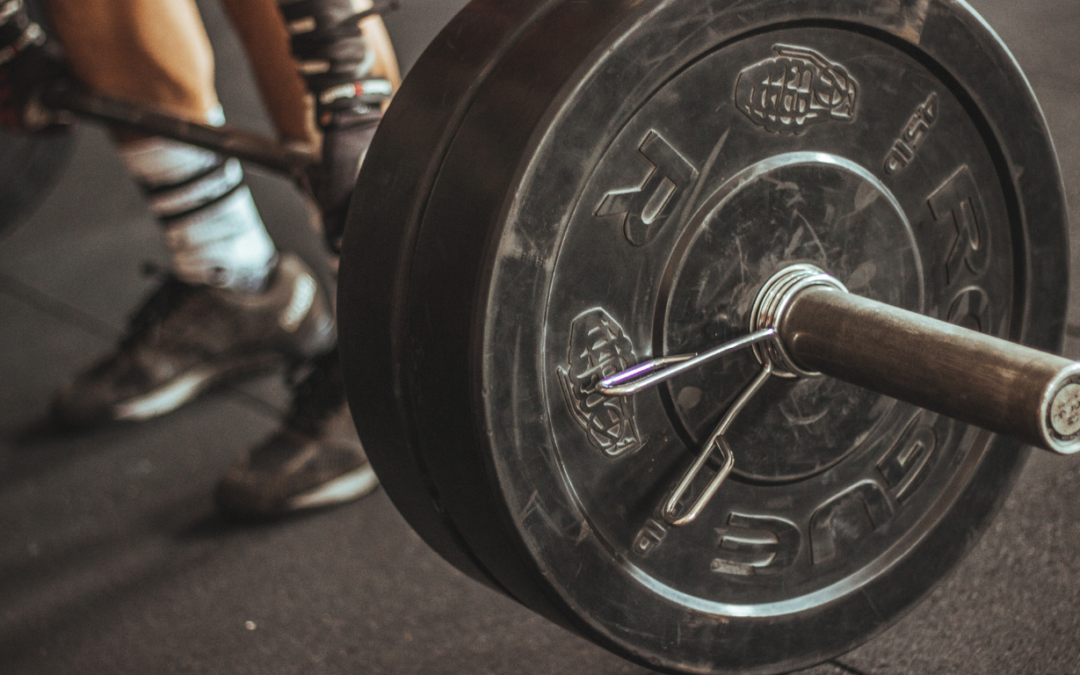Although Joseph Pilates began developing his Pilates method in the 1940s, it has surged in popularity over the last two decades. From your favourite Hollywood stars to super mums juggling a thousand things, and even sprightly seniors showing arthritis who’s boss, Pilates has everyone bending over backwards for its transformative magic!
But why is Pilates so powerful?
#1 Pilates strengthens your major stabilising muscles
Unlike many workouts, Pilates targets your deep stabilising muscles – the unsung heroes of movement. These muscles include not only your core but also the stabilisers in your upper body, shoulders, hips, pelvis, neck, and more. Stabilisers control your joints during movement, preventing excessive strain on surrounding structures. For example, in your lower back, core muscles reduce stress on sensitive structures such as discs and facet joints. By specifically strengthening these often-overlooked muscles, Pilates leads to long-term improvements in posture, balance, and pain reduction.
#2 Pilates matches the brain’s ideal learning style
Pilates isn’t just about lifting weights or memorising routines. It focuses on pushing or pulling against resistance, often on a reformer. This approach aligns with how your brain learns best:
- Task-oriented movements: Pilates exercises involve functional movements like pushing and pulling, activating all the muscles around a joint.
- Balance challenges: Many exercises incorporate balance, stimulating your brain to make corrections and remember them.
- Resistance training: The added load challenges your body to adapt and get stronger over time.
This combination makes Pilates highly effective for learning how to engage your stabilising muscles correctly, leading to better body awareness and control.
#3 Pilates builds a foundation for strength and conditioning
While Pilates alone may not suffice for achieving extensive fitness goals like marathon running or hiking up Mount Kilimanjaro, it forms an excellent foundation. For over two decades, I’ve witnessed how Pilates complements traditional strength training, creating a holistic approach to fitness. Rather than an “either-or” choice, integrating Pilates with classical strength and conditioning maximises outcomes, especially for goals like improving bone density.
Therefore, combining Pilates with strength training exercises such as deadlifts, squats, and bench press enhances overall strength and performance, while also reducing injury risks during heavier lifts.
Take the first step to a healthier you!
Would you prefer for someone to contact you regarding booking your Initial Physiotherapy appointment, Initial Exercise Physiology, Initial Osteopathy session or FREE Full Body Assessment*?
Or do you have any other enquiry about our services at MD Health?
Please fill in this form and someone from MD Health will be in touch with you soon.
Alternatively please call us on 03 9857 0644 (Kew East), 03 9842 6696 (Templestowe), 03 8683 9442 (Carlton North) or 07 3505 1494 (Paddington) to book now!
For all new clients who wish to come in for a one-off, casual or adhoc basis for Physiotherapy or Exercise Physiology the Initial Physiotherapy or Initial Exercise Physiology appointment is a paid service.
** The 13 Week Clinical Pilates Program at MD Health is not a lock in contract and you are not required to attend for the full 13 weeks if you do not wish.
Get In Touch



